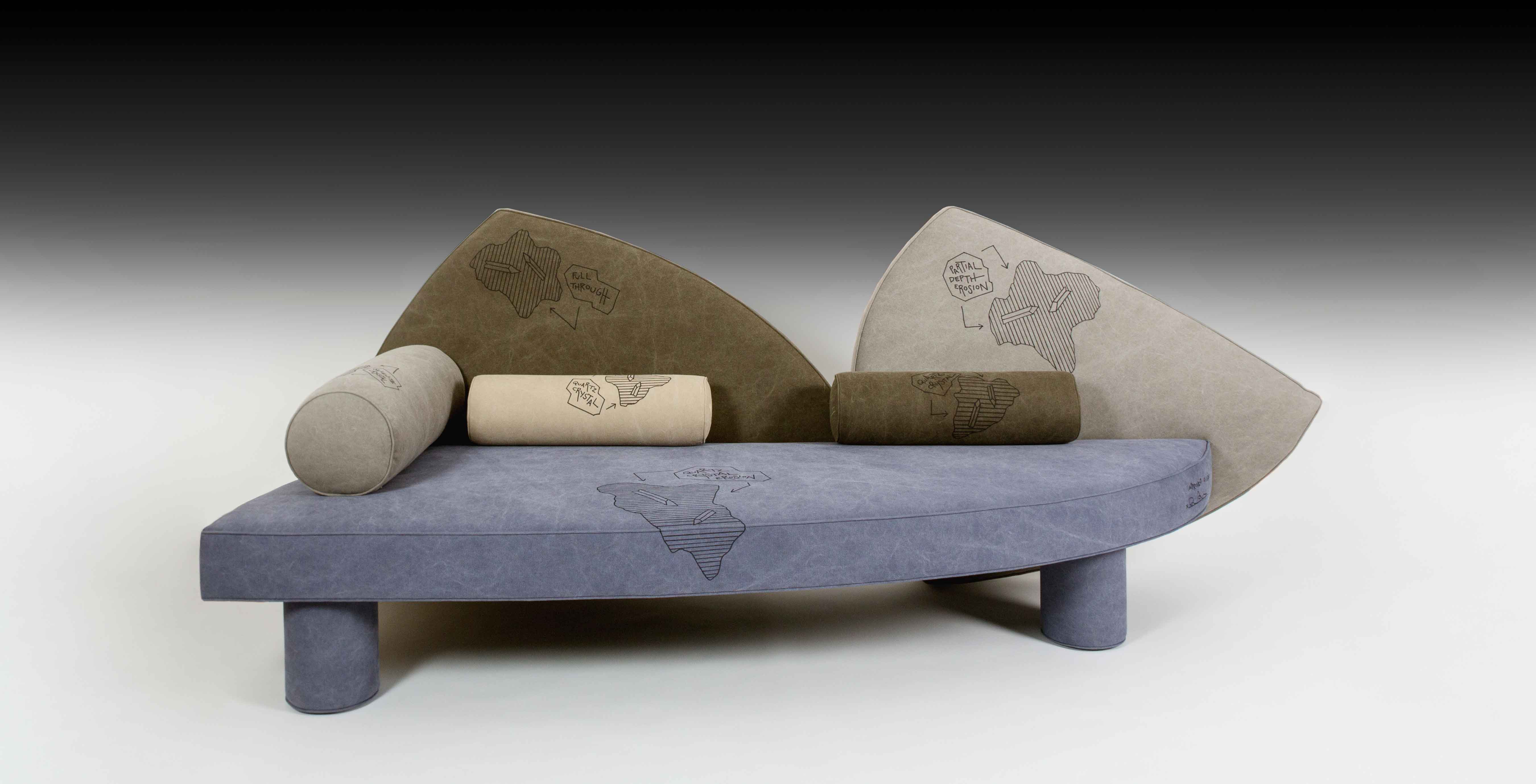
When coming into contact with Daniel Arsham’s work, one might experience something like time travel. Incorporating elements of the past, present and future, his latest project takes the form of an immersive installation at Friedman Benda Gallery at Design Miami/. Inspired by the practical need to furnish his own home, designed by Norman Jaffe, Arsham set out to create a functional body of work while integrating his iconic fossilized relics in each of the pieces. On the eve of Art Basel, Cultured founder Sarah Harrelson caught up with the Miami-native to discuss his collaboration with Friedman Benda and what we can expect from the artist in 2020.
Growing up in Miami, how did this city inspire your work and designs? I grew up in the area outside of what most people see today when they come for Art Basel or to go on vacation—the area of the city that’s more natural and jungle-like, out in the Everglades. I spent a lot of time on the water when I was a kid. Miami was always a city that was being built out of the natural world, right? Most of the landscape in Miami was actually swamp. They excavated the swamp and built land around it, and lots of houses on lakes—fake lakes. The whole city is kind of an invention, in some ways.
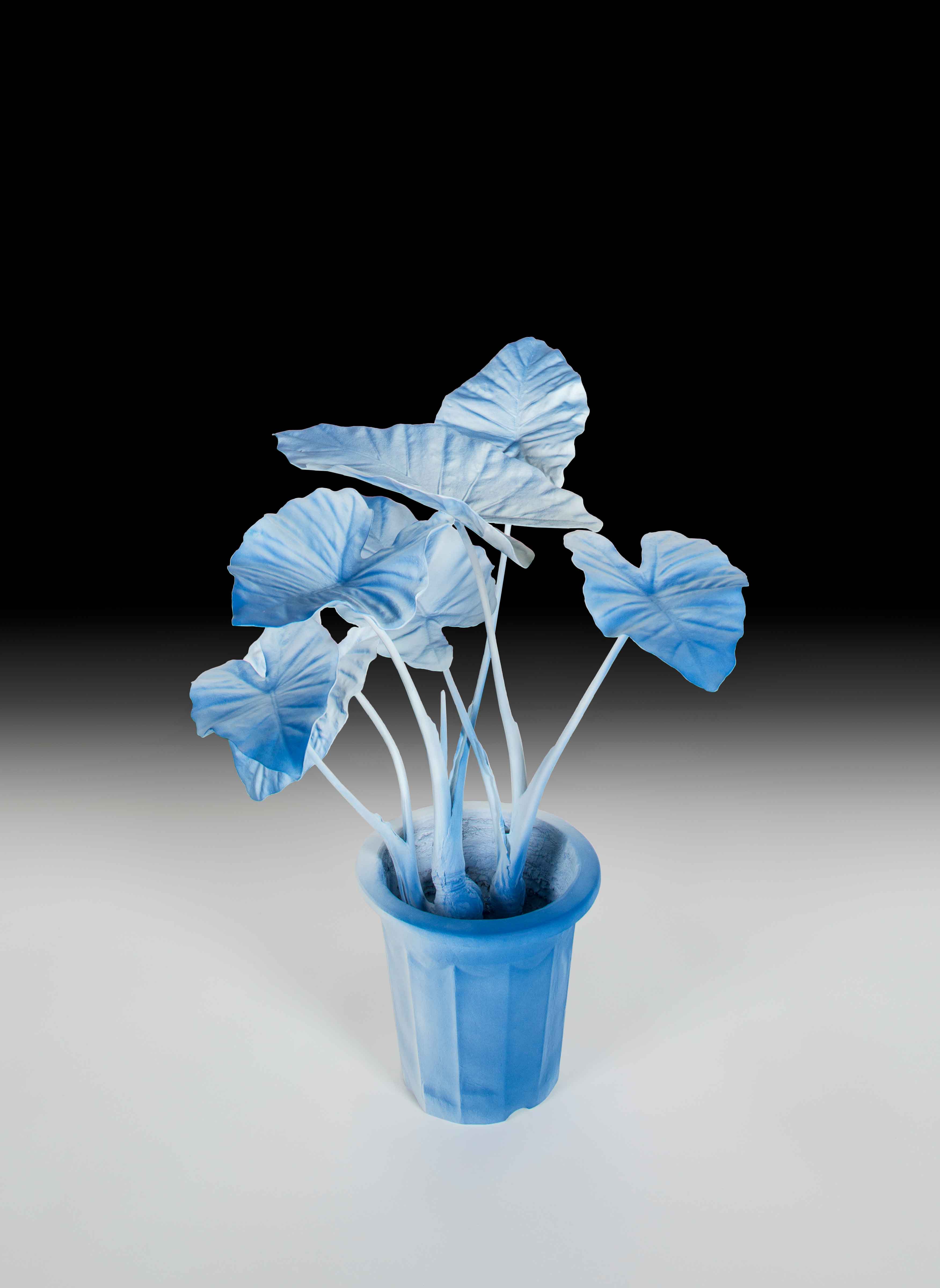
Was there a certain ‘turning point’ in your life that led your career in art? If so, what was it? I mean the biggest thing was going to school at Cooper Union. Obviously, New York is a different city and provides access to all the museums and, you know, different types of culture. Miami has culture, but not a lot of art stuff was happening at the time when I was in high school. There were a couple of museums, but, in some ways it was a little bit provincial. That has changed a lot in the last fifteen years. But, I was very happy to go to New York.
At this year’s Design Miami/ your work will be presented in an immersive installation at Friedman Benda. The project is in tune with your previous creative output but will also break new grounds. Can you elaborate more on your vision and what it means to you. About a year ago, I purchased the 1969 Norman Jaffe house. Jaffe was a mid-century modern architect, but built most of his properties in wood and stone and had, in my opinion, one of the most nuanced ways of working with space and light and landscape. When I got this house, part of my intention was to restore it, but also to create an edition that is architecture with design. All the furniture—a lot of which was built in, as well as stand-alone pieces—I designed, but not necessarily with the intention of showing. They were originally made just for the house. Marc Benda happened to see some of these pieces and proposed the idea to create a showcase of these works. I think it’s an interesting project for people who know my work, because in some ways, the pieces are a little bit more personal. They were initially made for myself and for my family, and use a lot of techniques and materials that were present in the studio. You can see the thinking that went into these works. A lot of them have notes written directly on them. You can see the palette. Things are very direct, but at the same time actually functional and quite comfortable.
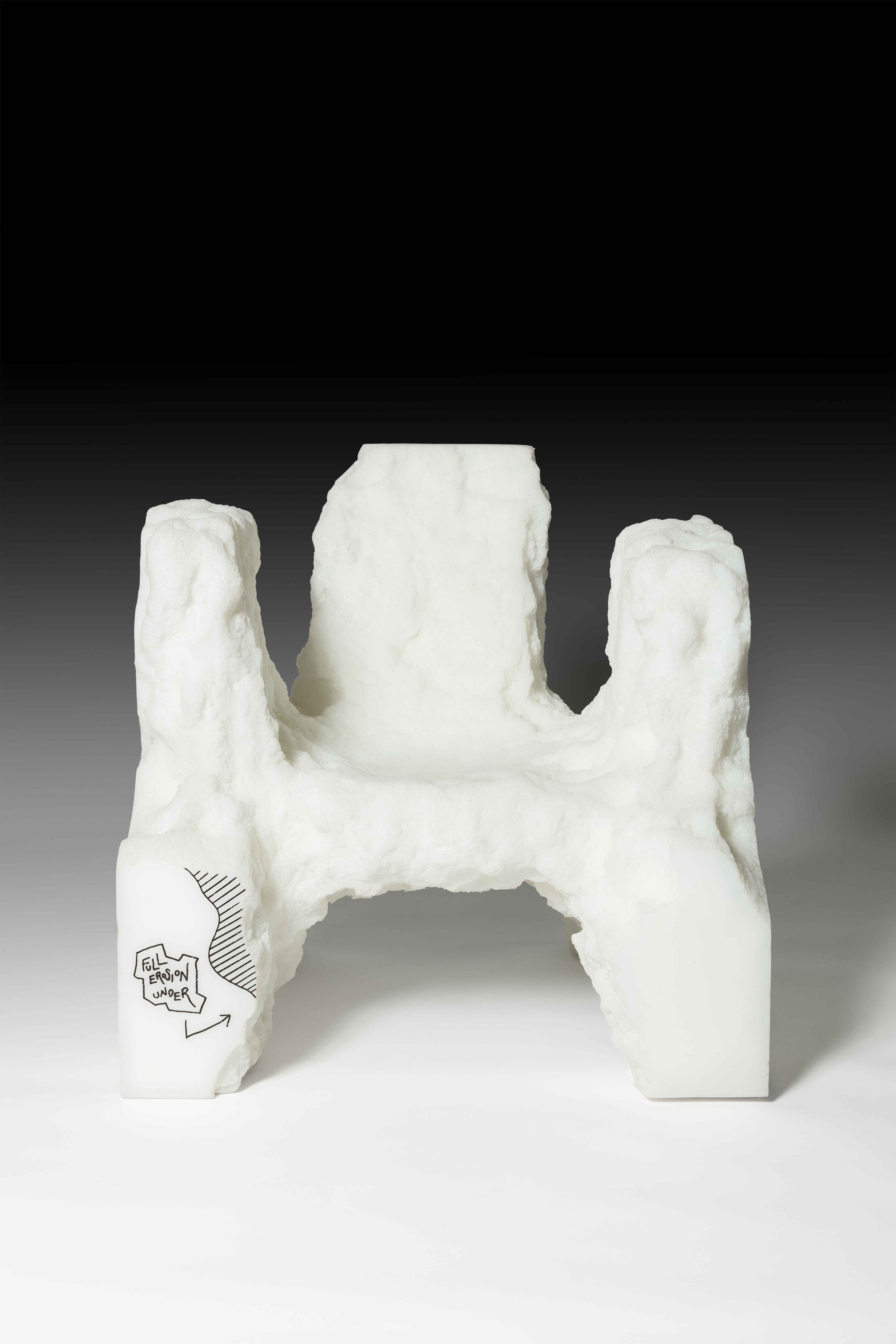
How does your work continually test a viewer’s perception of time and space? What do you hope will resonate with those interacting with your work? A lot of my work pushes and pulls time to create scenarios that dislocate people in time. This is often done through fictional archeology: taking things from the present and re-forming them in materials that we associate with geological time frames, like crystals and things like that.
What are you most looking forward to during Art Basel week? Does Design Miami/ hold a particular significance to you, as it’s hosted in your hometown? I often enjoy being in Miami, just being by the ocean. Obviously, I grew up here, so it’s nice to be back. And I like going around Design Miami/ and the fair as well, just to see all the works. I don’t go to a lot of art fairs—generally, not my favorite place to be. But, I think this is an interesting place for me to see a lot of work at one moment.
What are you currently reading? Mostly just the newspaper. There’s enough going on in reality that I don’t really need fiction at this moment.

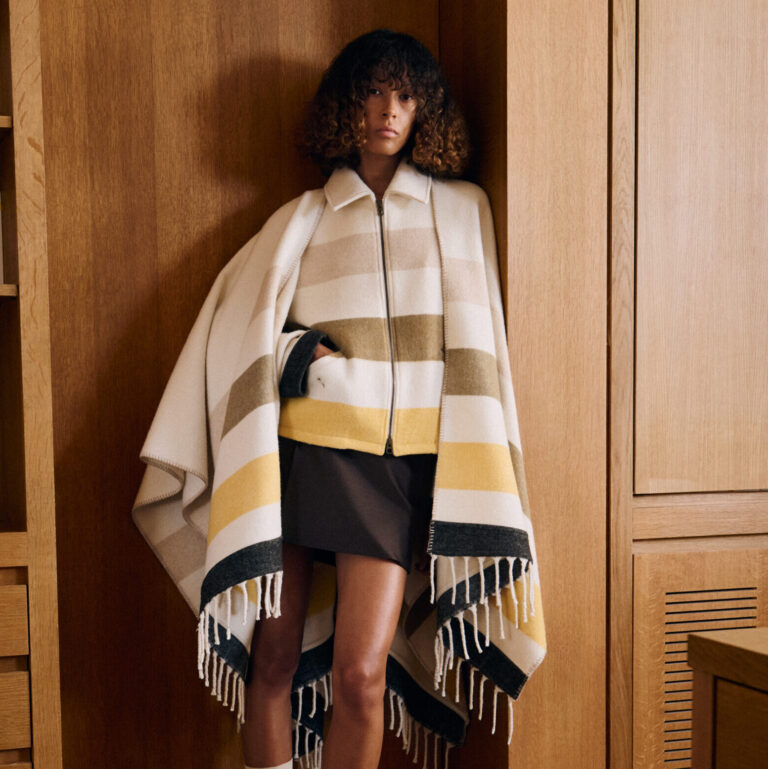
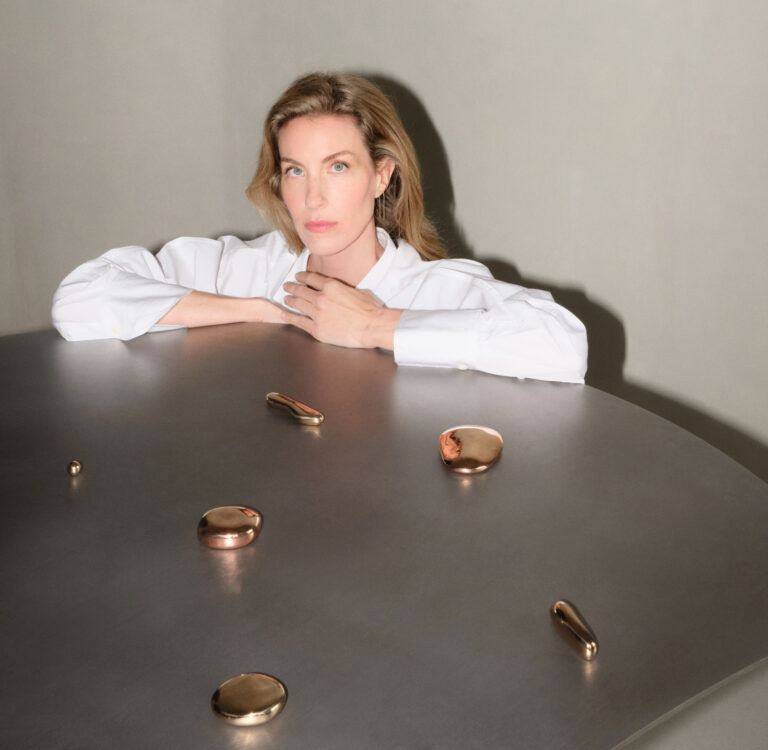
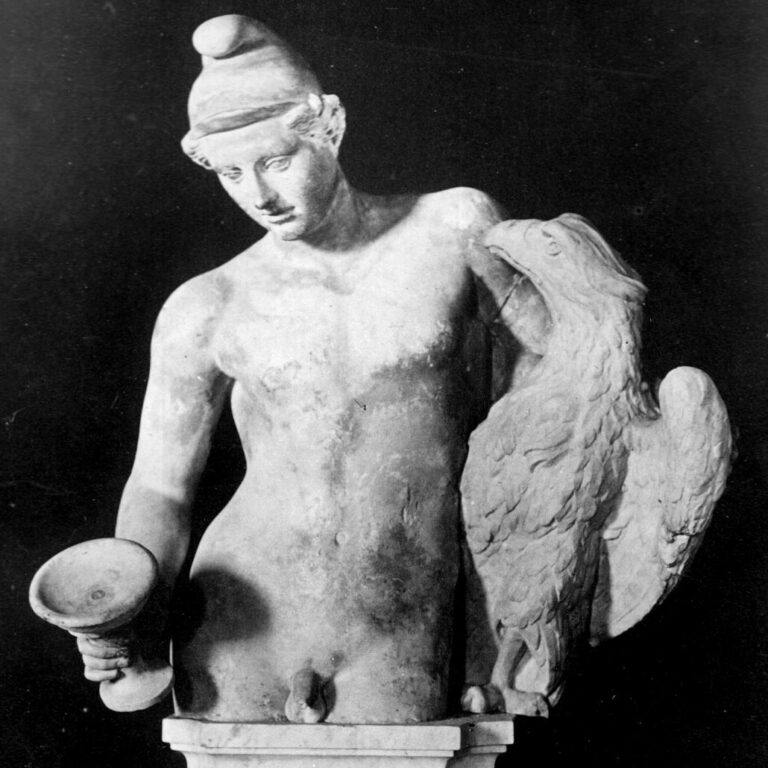
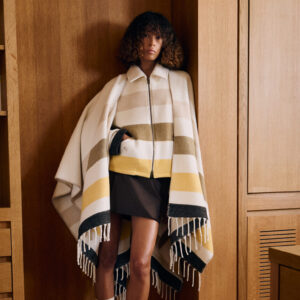
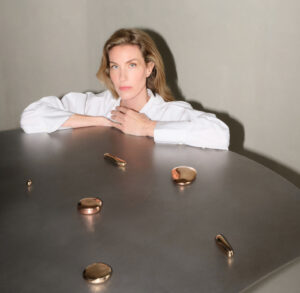
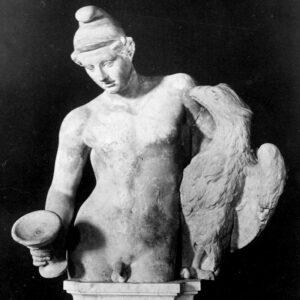



 in your life?
in your life?

